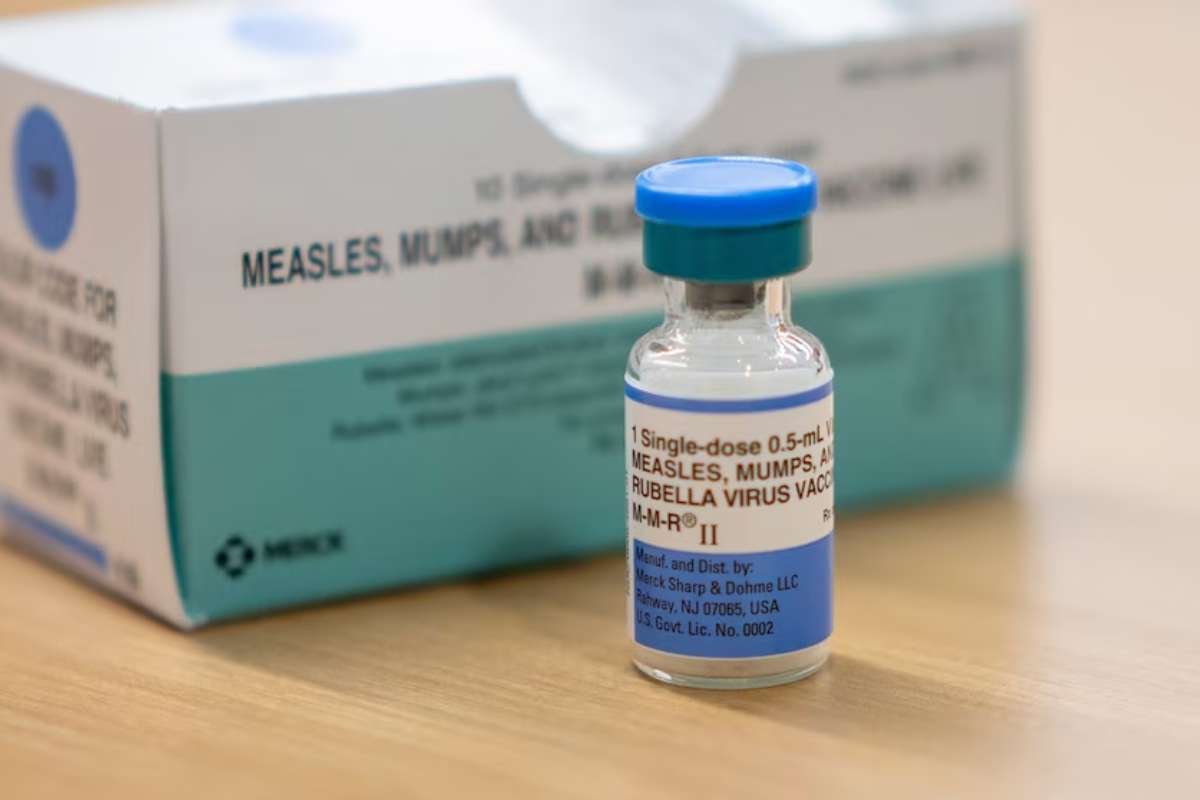Key Points:
- Unvaccinated students quarantined in South Carolina after measles exposure at two schools.
- Health officials warn of rising cases amid falling vaccination rates.
- Experts caution against splitting the MMR vaccine into separate shots.
More than 150 unvaccinated students quarantined from two South Carolina schools have been placed under a three-week quarantine following exposure to measles, state health officials said on Monday.
According to the South Carolina Department of Public Health, 153 students from Global Academy and Fairforest Elementary School in Spartanburg County were ordered to stay home for 21 days — the incubation period of the virus — to prevent further transmission. None of the quarantined students had received the measles, mumps, and rubella (MMR) vaccine.
The quarantine was initiated after confirmation of measles exposure at the schools. “What this case tells us is that there is active, unrecognized community transmission of measles occurring in the Upstate region,” Dr. Linda Bell, the state epidemiologist, said during a press briefing. “It is vital to ensure that the public is properly vaccinated.”
State officials confirmed that Greenville County recently recorded South Carolina’s 11th measles case of 2025, with eight cases identified since Sept. 25. Health authorities are now coordinating with school administrators to implement containment and prevention measures.
Highly Contagious Virus
The Department of Public Health reminded residents that measles is one of the most contagious viruses known, capable of lingering in the air for up to two hours after an infected person leaves an area. One infected person can spread the virus to up to 18 unvaccinated individuals.
In severe cases, measles can lead to pneumonia, brain inflammation, cognitive damage, deafness, or death. Health experts emphasize that vaccination remains the most effective protection against infection and that the unvaccinated students quarantined highlight the dangers of low immunization coverage.
Nationwide, the United States has reported at least 1,563 measles infections so far in 2025 — the highest level since 1992, according to the Centers for Disease Control and Prevention (CDC). At least 44 outbreaks have been identified across 41 states this year, with large clusters in Texas, Arizona, Utah, and Minnesota.
Declining Vaccination Rates
The resurgence of measles comes amid a continued decline in vaccination rates among U.S. children. Before the COVID-19 pandemic, about 95.2 percent of kindergarteners had received the MMR vaccine. That rate has since fallen to 92.5 percent, leaving roughly 286,000 kindergarten-age children without protection.
Experts attribute the decline in part to misinformation and vaccine skepticism that spread online during the pandemic.
Jim O’Neill, Acting Director of the CDC and Deputy Health and Human Services (HHS) Secretary, recently supported President Donald Trump’s call to divide the MMR vaccine into three separate shots. The proposal contrasts with established medical guidance that supports the combined vaccine as safe and effective since its introduction in 1971.
“Deputy Secretary O’Neill agrees with President Trump that immunizations for measles, mumps, and rubella would be best administered as three separate vaccines,” HHS Communications Director Andrew Nixon said in a statement. “Standalone vaccinations can potentially reduce the risk of side effects and can maximize parental choice.”
Medical Experts Urge Caution
Pharmaceutical company Merck, which manufactures the MMR vaccine, warned against altering the combined shot. The company stated that dividing the vaccine into separate doses would require children to receive more injections, increasing the likelihood of missed doses and incomplete immunization.
Medical experts caution that changes to the current vaccine regimen could undermine efforts to control outbreaks and delay national progress toward eliminating the disease.
As Spartanburg County schools work to contain the latest exposure, health authorities continue to urge parents to ensure their children are up to date on all recommended vaccinations. The unvaccinated students quarantined highlight the urgent need to maintain high immunization rates to keep communities safe.
“The measles virus does not wait,” Dr. Bell said. “Vaccination remains our strongest defense to keep communities safe.”







